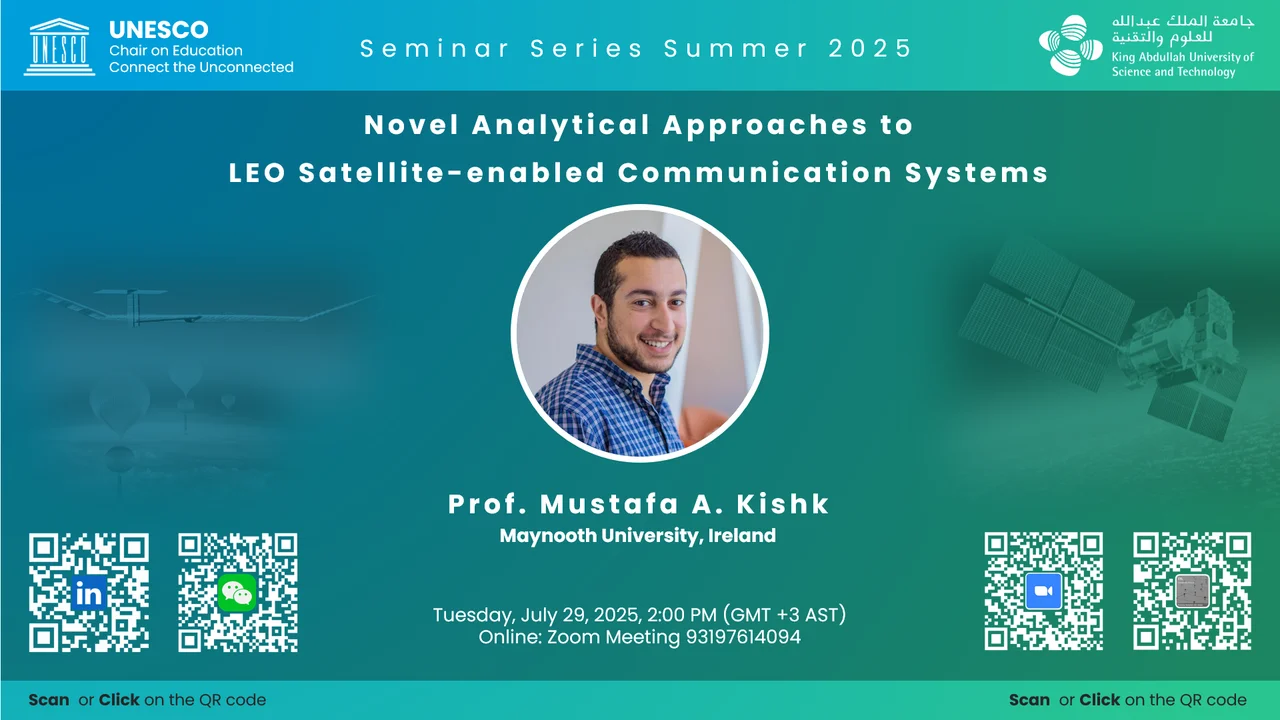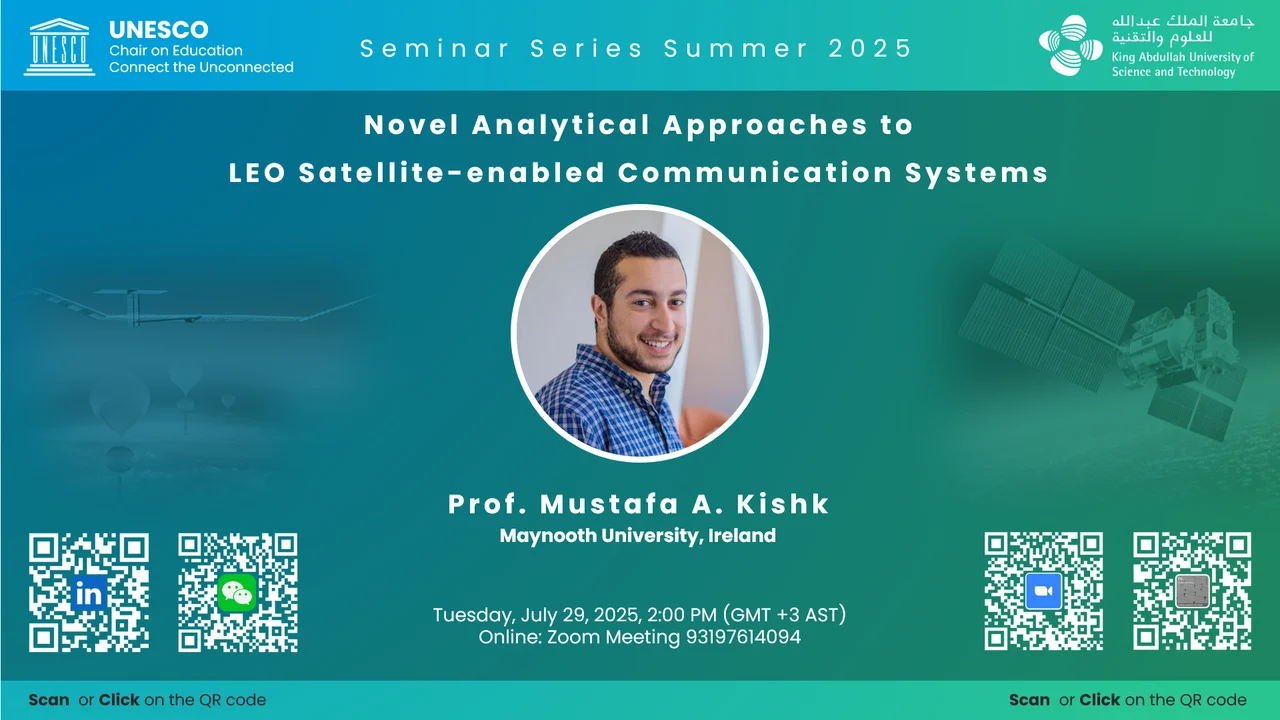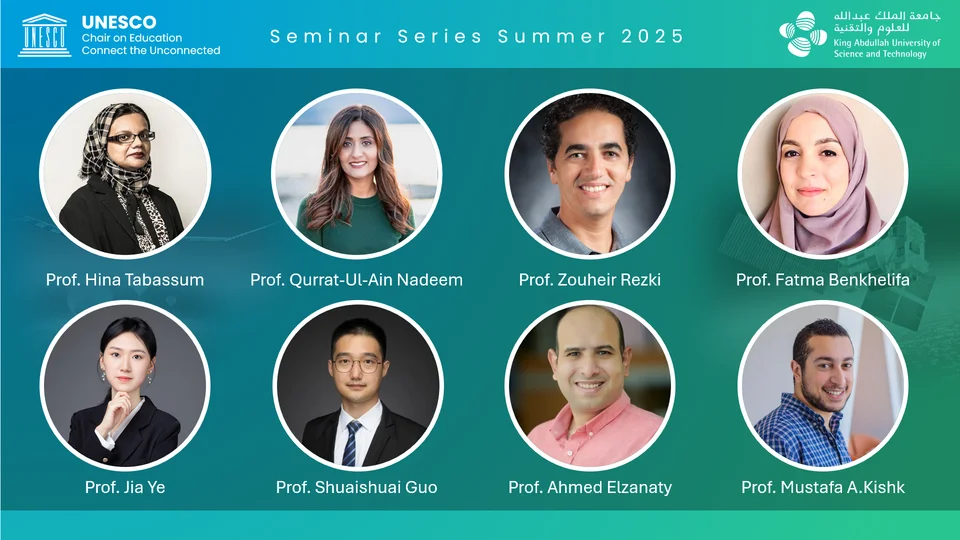
Novel Analytical Approaches to LEO Satellite-enabled Communication Systems
Overview
We are witnessing an unprecedented boost in the space industry. The significant technological advances in the industry of low earth orbit (LEO) satellites have opened the door to a new realm of LEO-based applications. One key application is providing internet connectivity to people everywhere around the globe, which is considered a significant step towards resolving the digital divide problem. The main driver to achieve such satellite-based global connectivity is deploying large numbers of LEO satellites at a set of altitudes, ranging from 300 km to 1500 km, to ensure that every part of the earth will be covered by at least one satellite at all times. Given that we have multiple competing companies launching various constellations with diverse altitudes and numbers of satellites, we can envision a set of spheres concentric with the earth with large numbers of LEO satellites distributed on the surfaces of each of these spheres. Due to the fundamental difference between these novel communication systems, specially the spatial distribution of the communication nodes, and the typical terrestrial communication networks, we need to think of creative techniques to enable mathematically analysing such communication systems. In this talk, we discuss main analytical approaches that enable studying LEO satellite-enabled wireless networks. We discuss an efficient mathematical framework that enables tractable analysis of LEO satellite-enabled communication systems while capturing the influence of satellites’ numbers and altitudes as well as the spatial distribution of earth stations. We delve into various performance aspects that can be analysed and optimized using this novel framework such as coverage probability, secure communication probability, energy harvesting, and average AoI.

Presenters
Mustafa A.Kishk, Maynooth University, Ireland
Brief Biography
Mustafa A. Kishk (Member, IEEE) received the B.Sc. and M.Sc. degrees in electrical engineering from Cairo University, Giza, Egypt, in 2013 and 2015, respectively, and the Ph.D. degree in electrical engineering from Virginia Tech, Blacksburg, VA, USA, in 2018.
He is an Assistant Professor with the Electronic Engineering Department, Maynooth University, Maynooth, Ireland. Before that, he was a Postdoctoral Research Fellow with the Communication Theory Laboratory, King Abdullah University of Science and Technology, Thuwal, Saudi Arabia.
His current research interests include stochastic geometry, UAV-enabled communication systems, and satellite-enabled communications.
Dr. Kishk is a recipient of the IEEE ComSoc Outstanding Young Researcher Award for Europe, Middle East, and Africa Region, in 2022. He was recognized as an Exemplary Reviewer by the IEEE Communications Letters in 2020. He currently serves as an Associate Editor for IEEE Wireless Communication Letters.
